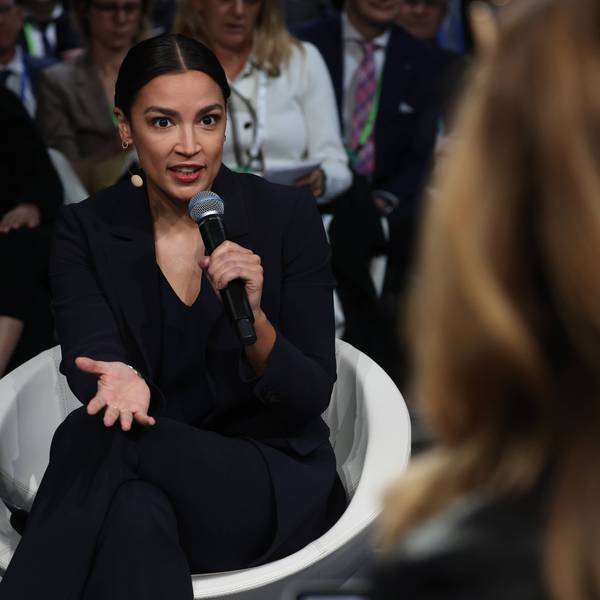Amid new charges of an "undemocratic" presidential primary, over 60 percent of Democratic voters and Democratic-leaning voters assert that they want the party to hold open nominating contests, an NBC News/Survey Monkey poll released Tuesday found.
A majority of Republicans and voters leaning toward the Republican Party also prefer open primaries and caucuses.
As the number of independent voters has risen in recent years, many voters have argued that closed primaries are disenfranchising a large portion of the population.
After New York's closed nominating contests--which required voters to register with their party a full six months ahead of the April primaries--presidential hopeful Bernie Sanders argued that "three million people in the state of New York who are independents [...] lost their right to vote in the Democratic or Republican primary."
"That's wrong," Sanders said.
Sanders has performed well in states that hold open primaries, while his rival Hillary Clinton has done better in states that only allow registered Democrats to vote in the party's primaries.
Democratic National Committee chair Debbie Wasserman Schultz, who has been accused of tipping the scales in Clinton's favor, has defended closed primaries, saying that she "absolutely" believes in them.
On Tuesday, New Jersey and New Mexico will hold closed primaries for the Democratic presidential nomination. North Dakota, South Dakota, and Montana will hold open primaries, and California--the largest delegate prize--has a semi-open contest, meaning voters registered as "No Party Preference" and registered Democrats will be able to vote in the Democratic primary.
Polls have Sanders ahead in Montana and the Dakotas but trailing Clinton in the closed contests in New Jersey and New Mexico, while the data continues to show a neck-and-neck contest in California.




